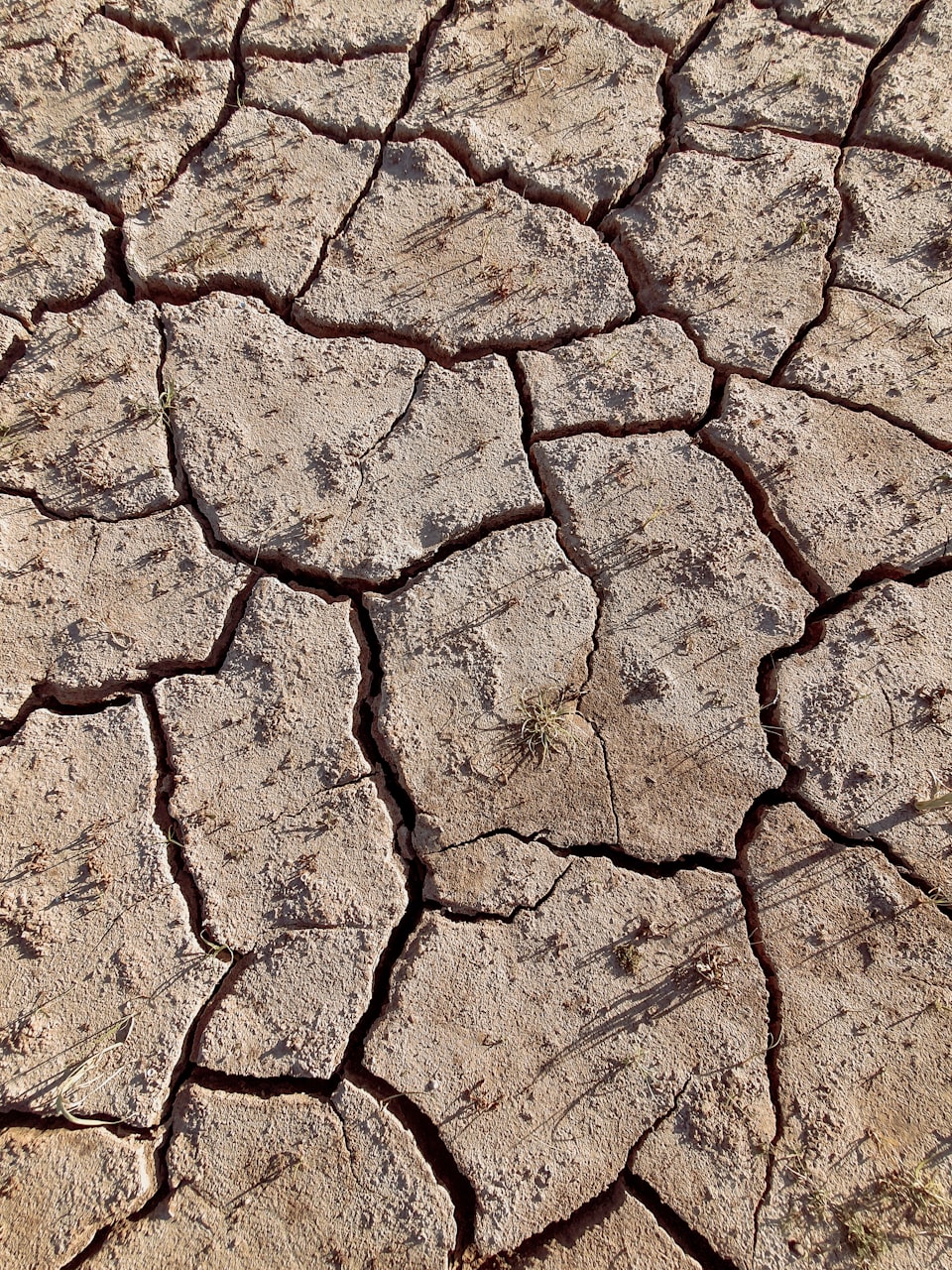Recently, newspapers and magazines around the world printed images of dramatic droughts in several countries.
In China, for example, statues of the Buddha were on view in the bed of the Yangtze River. According to Copernicus, the European Earth observation program, conducted by the European Union and the European Space Agency, the drought on the continent was the worst in 500 years – the worst moment had been recorded in 1540. The current drought has affected river transport, electricity production and, of course, food production. In the Czech Republic, severe drought formed sandbanks on the Elbe River, showing rock blocks from the year 1616 on which are engraved the words " Wenn du mich seehst, dann weine ": "If you see me, cry."
For some years now, the environmental issue has been on the daily agenda of those who are concerned with the maintenance of life on our planet. Some refer to food security because without appropriate environmental conditions, it is impossible to "put food on the plate"; others draw our attention to the dangers of rising seas that will literally "swallow" cities and kill people. The warming of the atmosphere and consequent increase in water temperature will kill flora and fauna, not only maritime, but terrestrial, extinguishing species and compromising the biological balance essential for life.
In 2006, Al Gore, then vice president of the United States of America, released the documentary "An Inconvenient Truth" to the world [1] . Disputes aside, it cannot be denied that, in fact, the Earth has been warming and that we, human beings, are mainly responsible for the speed with which this happens. Gore, as a politician, may have been wrong at one point or another in his interpretation, but today we have robust scientific research that proves the damage we have been doing to the planet. Today we know that environmental imbalance affects life in its very essence, compromising our health and can even be responsible for calamities such as pandemics.
Droughts
Droughts are considered natural when they refer to a year of below-average water supply. However, as the temperature of the Earth's atmosphere increases, as a result of climate change, these situations have become more severe and frequent. The news shows us these scenes almost daily. NASA satellites, in partnership with various institutions around the world, constantly monitor the various signs of drought on the planet: whether due to lack of precipitation, low levels in reservoirs and rivers, melting glaciers, dry soils or groundwater. From this data, scientists from different countries evaluate the current situation and make projections and calculations for the future.
We already know that human activities emit large amounts of carbon dioxide (CO 2 ) and other gases in the atmosphere that warm our planet. In turn, a warmer planet is a more "thirsty" planet, more prone to severe fires, not to mention that food production is highly compromised, causing an increase in prices and making it impossible for many to feed themselves. Strangely, on the other hand, the result of this is also severe rainfall, flooding and flooding in other places.
Current data show that if we continue at this pace of misunderstanding and disrespect for nature, there will be no possible return to recover the damage. Scientists around the world warn that we are already experiencing this condition in some places on the planet.
In recent days, we have been witnessing another meeting of the "Conference of the Parties" ( Conference of the Parties ) – COP, the highest body of the United Nations Framework Convention on Climate Change, adopted in 1992 (exactly 30 years ago). The representatives of the signatory nations have been meeting annually, since 1995, for two weeks, when they assess the climate situation in the world and seek to propose mechanisms to mitigate its effects. We are at meeting number 27. According to Ana Toni, executive director of the Institute for Climate and Society, in an interview with Podcast Subject #832, after so many meetings, we have reached the moment of "implementation of everything that was promised".
With the recent election of Luiz Inácio Lula da Silva, Brazil returns to the leading role in global environmental issues. Toni says she is hopeful. Me too.
Inger Andersen, Executive Director of the United Nations Environment Programme and Assistant Secretary-General of the United Nations, said: "People everywhere need to know that we are all in the line of fire. No one is safe." He believes that the leaders gathered at COP 27 in Egypt should make "stronger national commitments and implementation plans". Andersen warns:
"Climate change is no longer on the horizon. It is no longer at our doorstep. It's in our homes."
If you see me, cry...
The stones have already appeared. They are no longer hidden. We can only cry for the damage we have caused, realize the gravity of our actions and habits. It is necessary to act now, there is no way to wait any longer. It is only up to us to change the course of our history!

[1] An Inconvenient Truth , USA, 2006 – documentary directed by Davis Guggenheim with a screenplay and presentation by Al Gore. It lasts 1 hour and 37 minutes. Winner of two Academy Awards in 2007: Best Documentary and Best Original Music – I Need To Wake Up" by Melissa Etheridge.


